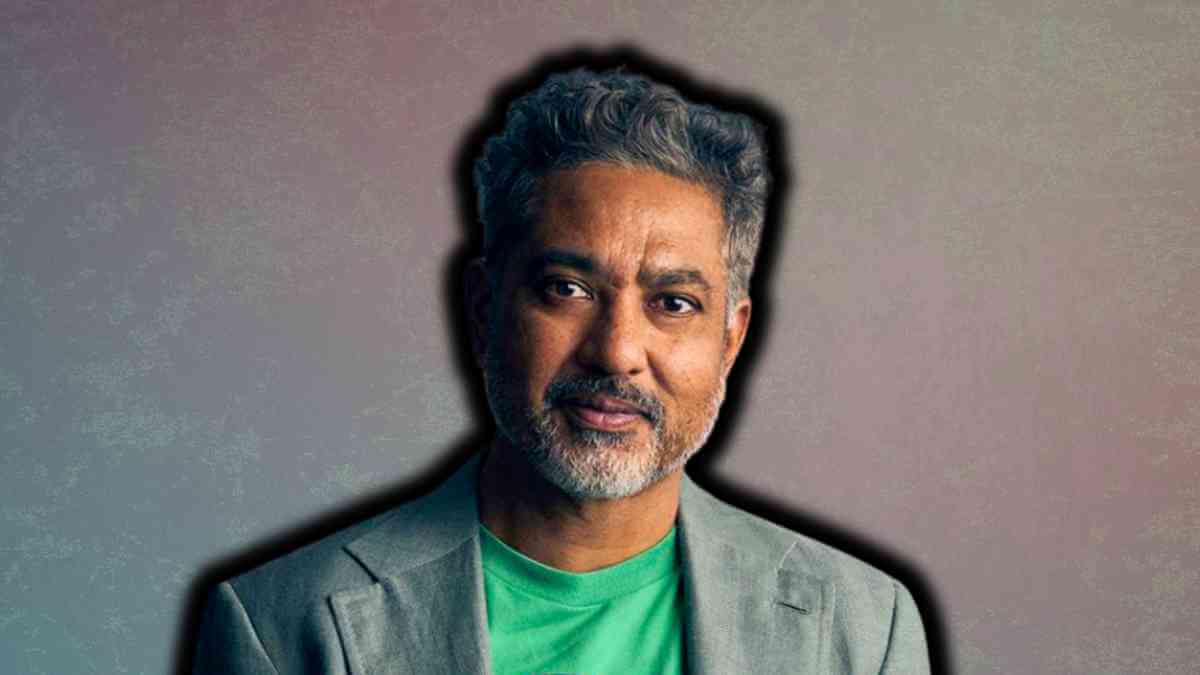Neil Biswas: The Creative Visionary of British Theatre, Film, and Television

Neil Biswas stands out as one of the most versatile and innovative voices in contemporary British storytelling. A screenwriter, playwright, and director, he has carved a career defined by powerful narratives that explore identity, society, and the human condition. Over the past two decades, Biswas has delivered critically acclaimed works across stage, film, and television, blending creativity with cultural depth. His unique ability to capture real-life struggles and weave them into compelling drama has earned him recognition not just in the United Kingdom but internationally as well.
Early Life and Background
Neil Biswas was born in 1971 and grew up in East London. His heritage is Bengali, which played a defining role in shaping his perspective as a writer. Growing up in a multicultural environment exposed him to diverse experiences and voices, many of which influenced his storytelling style.
He pursued a degree in English at Oxford University, where he honed his literary and analytical skills. His early years revealed an interest in stories that challenge stereotypes and present underrepresented perspectives. This intellectual foundation gave Biswas the confidence to explore writing in multiple forms—first through theatre, then radio, and eventually television and film.
Entry into Theatre
Biswas’ career began in theatre, where his ability to create intimate, socially relevant dramas first came to light. His plays dealt with themes of identity, generational differences, and the immigrant experience. Notable works include Crash, Skin, Skirmishes, and Overhear. These productions reflected the struggles and resilience of communities often overlooked in mainstream narratives.
Theatre critics praised his sharp dialogue and nuanced characters. His scripts often placed ordinary individuals at the centre of extraordinary circumstances, highlighting how society and personal choice intertwine. His success on stage opened doors to other mediums, particularly radio and television, where his storytelling skills would flourish even more.
Expanding into Radio and Opera
Following his theatre successes, Biswas expanded into radio drama, producing works for BBC Radio 4. His versatility was further proven through contributions to the English National Opera, demonstrating his adaptability to different storytelling platforms. Whether on stage, through the airwaves, or within music-driven performances, he retained his unique voice—one that always combined cultural reflection with strong emotional depth.
Breakthrough in Television
The turning point in Neil Biswas’ career came with his work in television. In 2000, he co-wrote the BBC2 adaptation In a Land of Plenty, a 10-part series exploring family, politics, and British society. It gave him significant exposure as a writer capable of handling long-form storytelling.
Three years later, he wrote Second Generation for Channel 4, a television serial about British-Asian identity and the complexities of cultural assimilation. This drama highlighted generational tensions within immigrant families, presenting a raw, authentic voice rarely seen on British television at the time.
But his defining moment arrived in 2006 with Bradford Riots, a television film he wrote and directed. Based on the real-life riots of 2001 in West Yorkshire, the film examined the causes and human consequences of social unrest. Praised for its boldness and honesty, Bradford Riots earned Biswas the Arts Council England Decibel Award and the BAFTA Break-Through Talent Award in 2007. This project cemented him as one of the leading storytellers in British television.
Success Across Genres
Following his breakthrough, Biswas continued to expand his repertoire with varied projects. He wrote for The Take in 2009, a Sky mini-series adapted from Martina Cole’s novel. His writing balanced crime drama with complex emotional depth, showing his ability to work within genre storytelling while maintaining authenticity.
In 2010, he directed episodes of Skins, a popular teen drama known for its raw and often controversial storytelling. This gave him further credibility as a director capable of handling diverse subjects and characters.
By 2012, he was writing for the fantasy adventure series Sinbad. Although more mainstream in nature, his involvement as both a writer and co-executive producer showed his growing influence in high-profile productions.
Co-Creating Lucky Man
One of Biswas’ most recognised achievements came in 2016 when he co-created Stan Lee’s Lucky Man with the legendary Marvel creator Stan Lee. The series, centred around a detective who gains supernatural luck, combined crime, fantasy, and moral questions. Biswas served as lead writer and co-executive producer.
The show was groundbreaking because it represented one of the first major UK productions tied to the Marvel brand. It highlighted Biswas’ ability to collaborate on international projects while retaining creative control. Lucky Man attracted a large audience and introduced Biswas’ work to a global stage.
Film Work: Darkness Visible
In addition to television, Biswas ventured into film. His 2019 feature Darkness Visible combined psychological horror with supernatural themes, set between London and India. The film reflected his interest in cultural duality and identity while exploring suspense and thriller elements. As both writer and director, Biswas showcased his versatility and courage in experimenting with genres beyond drama.
Awards and Recognition
Neil Biswas has been consistently celebrated for his contributions. The BAFTA Break-Through Talent Award in 2007 recognised his impact on British television with Bradford Riots. He also won the Arts Council England Decibel Award for innovation and representation in the arts.
His career demonstrates a rare balance of artistic integrity and mainstream success. Critics have often highlighted his ability to handle sensitive issues without resorting to stereotypes, making him an important figure for representation in British media.
Contribution to Representation
A recurring theme in Biswas’ career is his focus on identity and representation. As a British-Asian writer and director, he has often explored the realities of multicultural Britain. His works provide voices to characters who live between cultures, facing challenges of belonging, prejudice, and generational conflict.
By tackling issues such as racism, identity crises, and cultural assimilation, he has not only entertained but educated audiences. His commitment to authenticity has helped diversify British storytelling, creating opportunities for new generations of writers and performers from minority backgrounds.
Personal Life
Neil Biswas is married to actress Manjinder Virk, known for her performances in television and film. The couple met while working on Bradford Riots, and together they represent a creative partnership rooted in mutual respect and artistry. They live in Dulwich, South London, with their two children.
Despite his busy career, Biswas has remained deeply connected to his family life, often drawing inspiration from real experiences around him.
Legacy and Future Prospects
Neil Biswas’ legacy is already well established, but his career continues to evolve. Having successfully worked across theatre, radio, opera, television, and film, he remains one of the few British writers able to seamlessly move between mediums.
The strength of his work lies in its timeless relevance. Whether tackling the social issues of Bradford Riots, the fantastical elements of Lucky Man, or the psychological intensity of Darkness Visible, Biswas consistently crafts stories that resonate with audiences. His future projects are anticipated with excitement, as he continues to challenge conventions and expand the boundaries of British storytelling.
Conclusion
Neil Biswas exemplifies the power of creativity rooted in authenticity. From theatre to international television collaborations, his journey reflects determination, vision, and cultural insight. He has given audiences both entertainment and reflection, ensuring that stories about identity, society, and human struggle are told with honesty and depth.
As British arts continue to grow in global recognition, figures like Neil Biswas play a crucial role in ensuring diversity and originality remain central. His career is proof that powerful storytelling transcends boundaries, creating a legacy that will inspire future generations of writers, directors, and audiences alike.



